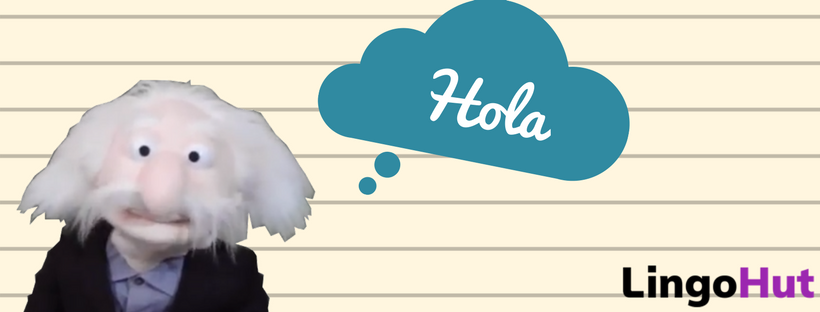

Starting down the road of learning a language can be daunting, especially if you only speak your native language. Where should you even start when learning? What were the first words you learned when first speaking your language?
The possibilities are endless. Languages are rich and it would be impossible to know every word within a language, regardless. While there is no definitive number of the amount of words in a language because language is ever evolving and changing, we can see that the Oxford Dictionary hosts 171,476 words for the English language. The Royal Spanish Academy lists around 88,000 ‘official’ words. That is an immense amount of vocabulary!
When it comes down to it, you should start with the basics. This may be plainly obvious, but many language learners don’t do this. Going through different trainers, you will almost always find lessons about animals within the first few lessons. Animals are cool, but how often do you talk about lions in an average day? I imagine if you are a zoologist it is quite often, but most of us don’t really talk about lions or bears that often. Is that vocabulary really that useful when you start learning a language?
You want to learn vocabulary that you will use often when starting to learn a language, otherwise you will cripple your language learning goals. Learn words and phrases like “hello”, “how are you?”, “what time is it?”, and “what is for dinner?” long before you ever learn “lions” or “turtles”.
At LingoHut, we structure our lessons in a way that we think you will use the language most often. Furthermore, you can choose the order in which you take the lessons, putting you in the driver’s seat for what vocabulary is most important.
Hint: Another great way to learn more effective language is to watch children shows in the language you are learning. Since they are meant for kids they use basic and direct vocabulary and grammar. A great way to train your ear to the language. Though, watch out with pronunciation at times! For example, some people watch anime (Japanese animation) when they are trying to learn Japanese. However, characters in anime exaggerate sounds and speech that is not normal among Japanese speakers. Imagine if someone tried to speak English exactly like Spongebob Squarepants.